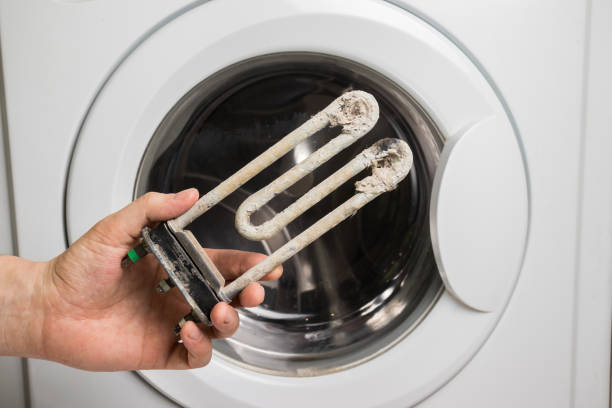Hard water can make life miserable. If your residential area is experiencing Hard water issues, you might notice a lot of change in your water usage. Your soap will not lather, stains will not come off the floors, and your faucets and appliances will have mineral deposits. All in all, hard water can be the most painful issue that a resident might face.
However, with the use of modern technology, tackling hard water issues has become much easier. Here are some essential tips that can help you manage life with hard water at your home.
1. Invest In Appliance Maintenance
When you use appliances with hard water, you might notice that scaling and mineral deposits become a very common issue. Therefore, you should invest in regular maintenance of your appliances. For example, you should regularly clean your electric kettles, coffee makers, dishwashers, etc.
For bigger appliances like boilers, you should hire professional services. For instance, if you live in Bridgewater NJ and you require boiler repair bridgewater nj, you should call professional services for the job. Professionals will repair the issue and clean the boiler thoroughly so that there are no deposits left.
2. Install A Water Softener At Home
You should invest in a home water softener system that can reduce the hardness of water by removing minerals like calcium and magnesium. The excess of these minerals is responsible for scaling and deposition in appliances and other surfaces.
For instance, if you live in San Antonio TX, you can invest in water softener installation san antonio tx. Installing this system can make hard water easy to use.
3. Use Vinegar For Regular Cleaning
Vinegar contains acetic acid that can remove scaling and mineral deposits from the surfaces without causing any damage to the surface beneath. You should regularly use vinegar solution in your regular cleaning ritual. This can prevent scaling and deposits.
Moreover, you should also consider cleaning your faucets and shower heads once in a while in vinegar. Dip the faucet and showerhead in the vinegar for a few hours. Take Them out and wipe them clean. You can use a soft bristle brush to scrub any mineral deposits. This will prevent your plumbing accessories from clogging.
4. Invest In Good Cleaning Products
You should look for the right cleaning products when you have hard water issues. Several companies offer specialized cleaning products that perform well with hard water.
Investing in the right cleaning products will make it easier for you to maintain cleanliness without having to work too hard.
5. Upgrade Faucets And Showerheads
You can also upgrade your existing showerheads and faucets with specialized ones that work well in the hard water situation.
You should get faucets and showerheads that offer low-flow. When less water is flowing from the faucets, speed will be slow and it will reduce the risks for mineral deposits. This will also help you save more water. Moreover, slow water reduces the impact of hard water on the faucets and showerheads. This will reduce mineral buildup.











